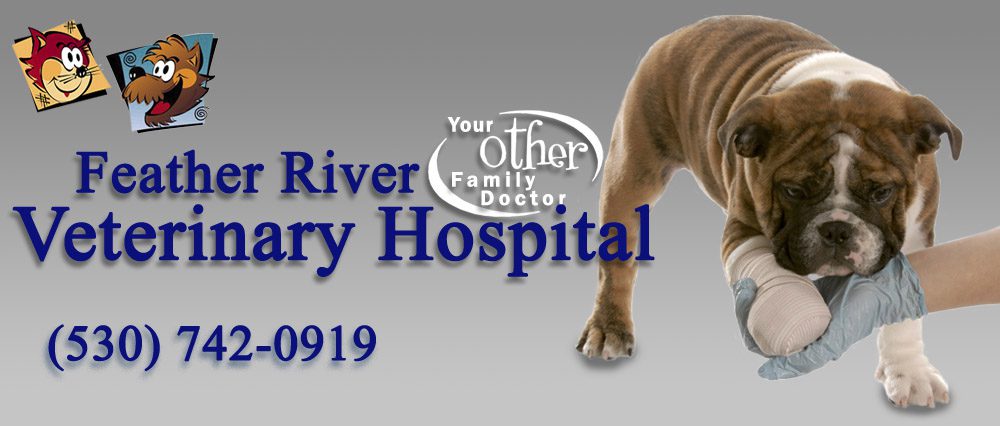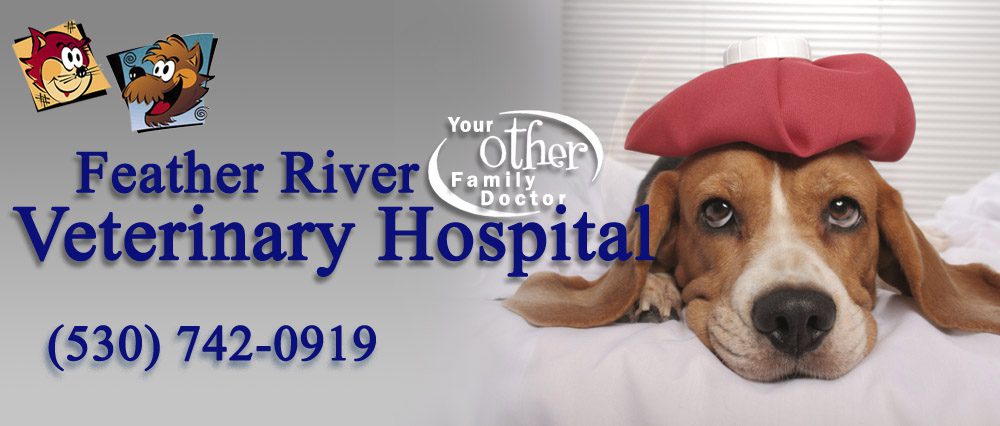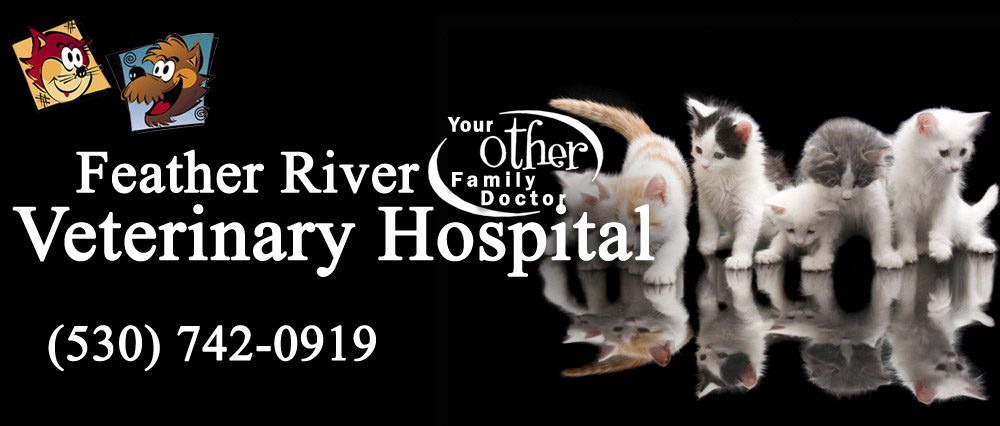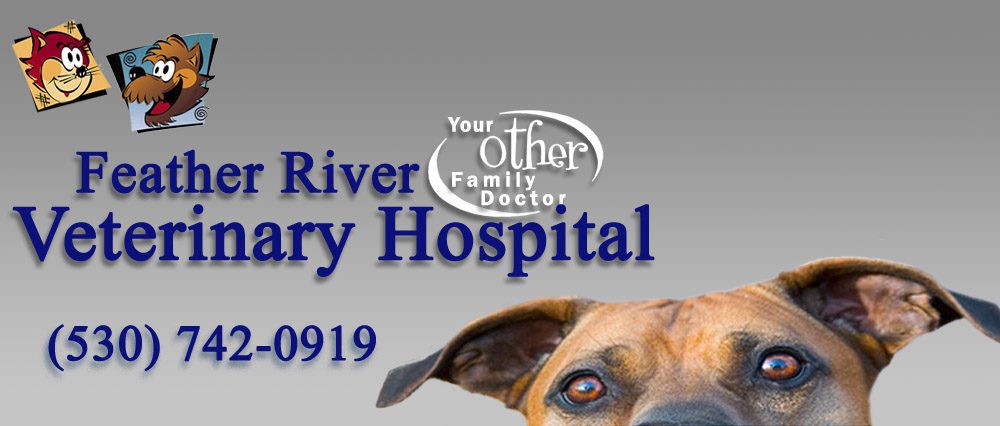



Vaccinating Your Pet
Many questions arise upon owning a new pet. If your new pet is a puppy or kitten, the choices you make in the very beginning could save your pet’s life and yourself a lot of heartbreak and money. Little critters are very vulnerable when they just start out in this disease-ridden world of ours, and it is our responsibility as owners to give them the best possible chance to live a quality, comfortable and fun-filled life. The immune system of a newly born puppy or kitten is not yet mature.


The Role of Colostrum
and Vaccination
Nature’s solution for this is to have the mother produce special, antibody-rich milk called “colostrum”. After the first couple of days, however, regular milk production commences and the antibodies are no longer absorbable in the baby’s system. It varies by many factors for each individual as to how long these maternal antibodies last. It is known, though, that by 16–20 weeks of age, maternal antibodies no longer exist, and the offspring must live off its own immune system. However, it is crucial, especially in parvo-ridden areas, that the DHPPCV vaccine is given to puppies as soon as possible – optimally at 4 weeks of age. Not until about 10 days after the second booster shot is the puppy adequately protected in any way against the viruses it is exposed to.
The Importance of
Timely Vaccinations
While it is fun and tempting to let your little critter frolic about on the ground, it is also important to remember that viruses, especially Parvovirus, are extremely resistant and can remain viable for many, many years in the soil. The recommended series of vaccines are administered at the time that we know the baby’s own immune system should be able to respond. In order to optimize protection, pets are vaccinated intermittently (usually every 2–4 weeks) during this period.
As a pet matures, it is important to understand the efficacy of vaccines. When a vaccine is started for the first time, even in adult animals, it is best to give at least two vaccinations. This is done because the second vaccination has an exponentially greater response if it is administered after a vaccine given 2–4 weeks prior. Some vaccines are more efficient in generating long-lasting immunity.


Understanding the
Efficacy and Scheduling of Vaccinations
For example, usually, vaccines work better on generalized infections affecting the entire body (such as distemper or Parvovirus) as opposed to localized ailments such as kennel cough or feline upper respiratory viruses. Vaccination for infections affecting only one or two organ systems tends to require more frequent boosting, whereas systemic infection can be effectively combated for years with vaccination. If an annual vaccination is skipped, call your veterinarian to ascertain whether the initial tier needs to be re-administered. In most cases, though, it is advised that the vaccination schedule resume where it left off.
There are many options of vaccines available, and it is not uncommon to be confused as to which your particular pet may need. Again, your veterinarian can most likely give you the best advice, given that every situation is unique. Recommended vaccines depend on many factors: what type of exposure to disease does the pet have? What diseases are common in the area? What stress factors is the pet exposed to, etc.?
An Almost Completely Indoor Pet
Cats: The basic distemper shot (FVRCP) and the Rabies vaccine are definitely recommended. The leukemia vaccine is advised if the chance exists that the owner may bring home a stray kitten or have contact with other cats. However, testing for leukemia prior to vaccination is recommended.
Dogs: The essential vaccines are the Distemper/Parvo (DHLPPCV) combination shot and the Bordetella, or kennel cough that offers protection against any possible doggie exposure (groomer, border, veterinarian hospital, park, etc.)
Outdoor pets may require more specific vaccines in addition. The leukemia shot for the cat, for instance, and perhaps maybe even the feline infectious peritonitis vaccine may be recommended for your feline friend. Also, if there is exposure to ticks, you may consider getting a Lyme vaccination for your dog.

